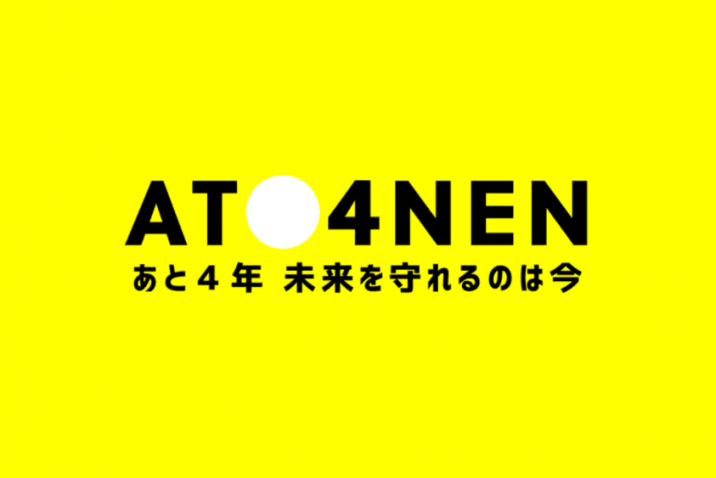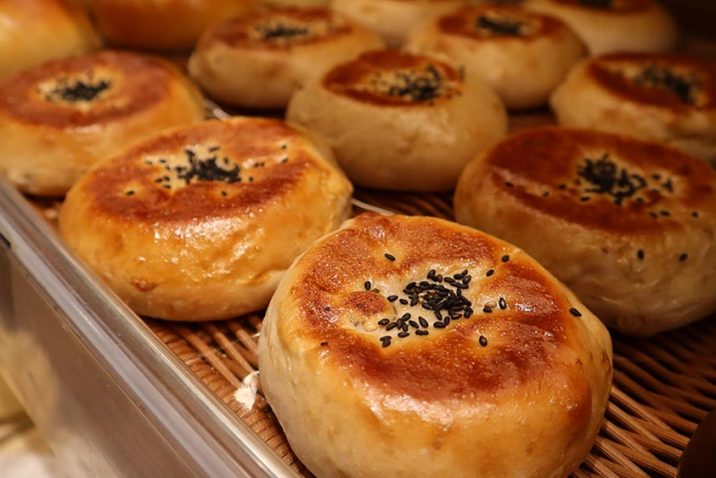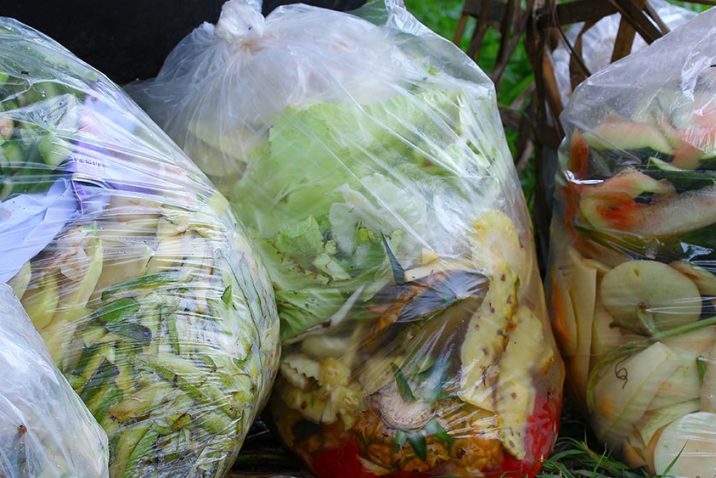[Because of the rise in COVID-19 cases and the declaration of an emergency state, some areas are not calling for participants for the march. Please refer to the local social network accounts for the latest updates on their statuses.] An Emergency...
Let’s have a look at a circular-minded restaurant in Finland. Nolla, meaning zero in Finnish, is motivated to provide high-quality, in-season food while pursuing a zero-waste ideology. Since opening in March 2018, Nolla has been ensuring all aspects...
The Big Issue Japan, a social magazine sold by homeless people on the streets, is now taking up the issue of food waste by running a bakery that only opens at night. Yoru no Panya-san (Night-time Bakery) procures leftover bread from popular bakeries...
According to the Food and Agriculture Organization (FAO) of the United Nations, roughly 30% of food is wasted globally each year. Food waste occurs at various points in the food supply chain, including during production, retail and consumption. On...
Mental health is every bit as important for our well-being as physical health. Yet, there can be unfortunate stigmas, shame and misunderstandings regarding the issue. This is true everywhere but especially in Japan, and it can affect Japanese and...
Last Thursday saw the opening of 2foods’ third cafe at Shibuya Loft, with a space dedicated to food tech. Called “Food Tech Park,” the space is an exhibition of the latest food tech and food alternatives from Japan and the world...
T Card, one of the most popular reward cards in Japan, is creating “T Card Minna no Ethical Food Lab.” This co-creative platform will promote ethical food actions and stir up a “sustainable food” movement. It intends to...
Koji might not be well known outside of Japan, but this fermented agent is used to make popular Japanese food such as miso, soy sauce and sake. Kyushu-based koji company Kawauchi Genichiro Shoten invented technologies to turn food waste into...
The city of Amsterdam adapted the theory of doughnut economics for its post-pandemic recovery in April 2020. Kate Raworth, the inventor of doughnut economics, downscaled the model to provide the city with a “city portrait” that illustrates...
Doughnut economics is an economic model developed by Kate Raworth, who uses a doughnut as a metaphor for the framework of human prosperity. The hole of the doughnut represents the proportion of people that lack access to the essentials of life such...











